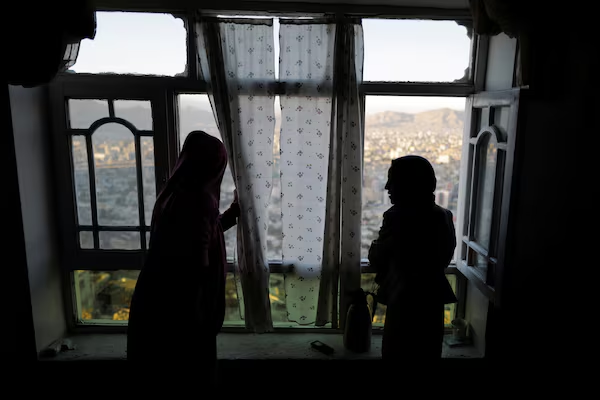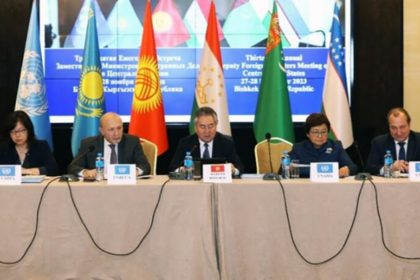RASC News Agency: Credible sources from Baghlan province report that Qadriya, a 28-year-old woman recently released from Taliban custody and returned to her family, has been subjected to severe physical abuse. According to eyewitness accounts, shortly after she was released from prison and transferred to her father’s home, her family violently assaulted her, inflicting visible injuries to her face. Qadriya had repeatedly warned that her life would be in imminent danger if returned to her father, fearing she could be killed. Prior to her release, she had appeared in several videos shared with media outlets from within prison pleading for protection and stating unequivocally that she needed to be rescued from her father. Now, she finds herself in an even more perilous and distressing situation.
On Monday, April 7, a delegation of Taliban officials, accompanied by members of the Baghlan Provincial Council of Ulema, visited her family’s residence to assess her condition. Upon their arrival, her father resisted their entry, prompting the delegation to forcibly enter the premises. In the presence of Taliban officials, Qadriya testified that her father, husband, and brother had subjected her to brutal beatings. Her father denied the allegations, claiming instead that his daughter was mentally unwell and had inflicted the injuries upon herself. Following an assessment of her physical condition and a review of the visible signs of abuse, the Taliban delegation ordered that Qadriya be placed under official protection. Authorities declared that she must remain in their custody until her father provides a formal guarantee for her safety. Despite these assurances, Qadriya’s situation remains deeply alarming. While the Taliban have pledged to ensure her protection, the case has triggered widespread concern among human rights observers and analysts, who view it as indicative of a broader humanitarian crisis.
Qadriya, who had already spoken extensively about the risks she faced in both detention and upon release to her family, now confronts a renewed crisis this time outside prison walls. Her ordeal has raised urgent and uncomfortable questions about the Taliban’s handling of such cases and their ability or willingness to safeguard vulnerable women. As similar threats loom over countless others, the international community remains watchful, while Afghanistani women under Taliban rule continue to face systemic violence with limited or no avenues for recourse.






